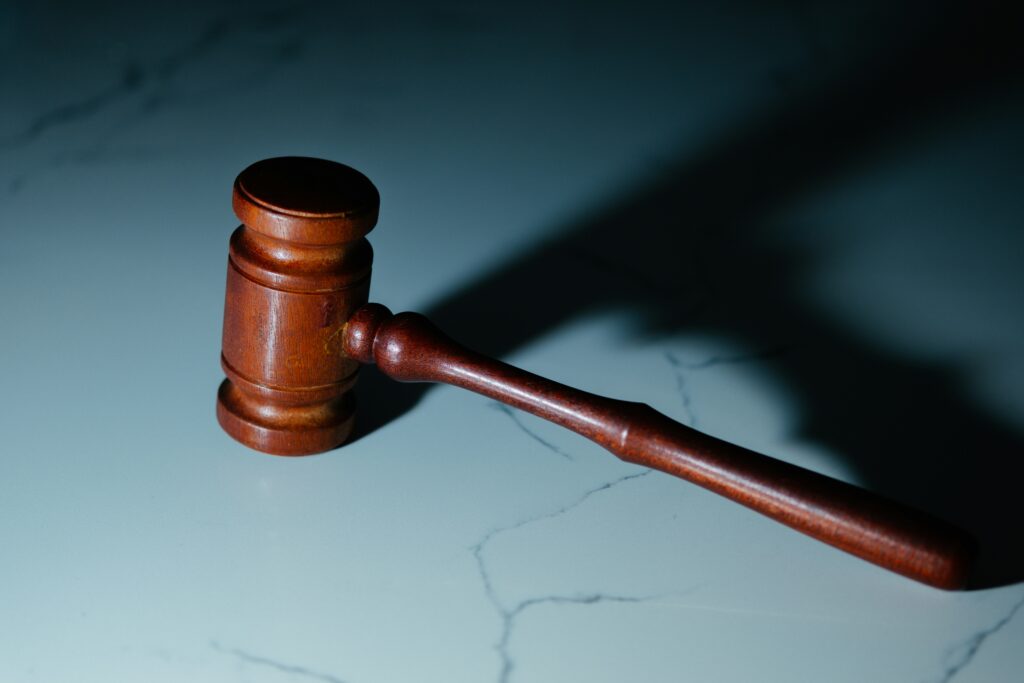Litigation in Thailand. Thailand operates under a civil law system, primarily codified and influenced by continental European legal traditions. Litigation is governed by written statutes, and case law plays a limited persuasive role. Key procedural statutes include:
-
Civil Procedure Code (CPC) for civil disputes
-
Criminal Procedure Code (CrPC) for criminal matters
-
Act on the Establishment of and Procedure for Intellectual Property and International Trade Court B.E. 2539 (1996)
-
Consumer Case Procedure Act B.E. 2551 (2008)
Judges in Thailand are career civil servants trained within the judiciary, and there is no jury system.
II. Court System and Jurisdiction
Thailand’s court structure is hierarchical and specialized:
1. Court of First Instance
-
Civil Court (general commercial and civil disputes)
-
Criminal Court
-
Provincial Courts (handle both civil and criminal matters outside Bangkok)
-
Specialized Courts:
-
Intellectual Property and International Trade Court
-
Labor Court
-
Tax Court
-
Bankruptcy Court
-
Juvenile and Family Court
-
Central Administrative Court
-
2. Court of Appeal
-
Reviews decisions from courts of first instance.
-
Separate divisions for civil, criminal, and specialized cases.
3. Supreme Court (Dika Court)
-
Final court of appeal.
-
Selective in the issues it admits, especially legal interpretation or public interest.
4. Administrative Courts
-
Deal with disputes involving government agencies or state officials.
-
Governed by the Administrative Procedure Act and Act on the Establishment of Administrative Courts (1999).
III. Litigation Procedure: Civil and Commercial Cases
1. Initiation of a Lawsuit
A civil case is initiated by submitting a plaint (complaint) and court fee at the appropriate court. Plaintiffs must clearly state legal grounds, facts, and remedies sought.
Court fees depend on the amount in dispute (usually capped at 200,000 THB for amounts over 50 million THB).
2. Summons and Defendant’s Answer
The court serves a summons to the defendant, who must file an answer within 15 days of service (extendable). The answer must address each allegation and may assert affirmative defenses.
3. Preliminary Hearing
Thai courts conduct an initial hearing to:
-
Clarify issues in dispute
-
Encourage settlement
-
Set trial dates
In some cases, courts may refer parties to mediation—which is encouraged but not mandatory.
4. Evidence Stage
Unlike common law discovery, Thailand has no expansive pre-trial discovery. Each party is responsible for gathering and submitting its own evidence. Evidence includes:
-
Documentary evidence
-
Witness testimony
-
Expert reports or testimony
-
Real evidence (e.g., material objects)
All documentary evidence must be translated into Thai and notarized if originating from abroad.
5. Trial and Hearing
-
Witness examination follows the order: direct, cross-examination, re-examination.
-
Judges actively question witnesses and experts.
-
Trials are generally conducted in Thai, and interpreters are required for non-Thai speakers.
-
Hearings are often scheduled non-consecutively, with intervals of weeks or months.
6. Judgment
Judges issue written decisions, outlining the factual findings, legal reasoning, and award (if any). Enforcement can follow once final judgment is issued, or upon order of provisional execution (in urgent matters).
IV. Enforcement of Judgments
Judgments become enforceable upon finality, unless provisional execution is granted. Enforcement steps include:
-
Writ of execution issued by court
-
Seizure and auction of debtor’s assets
-
Garnishment of wages or bank accounts
-
Registration of liens on real property
Foreign judgments are not directly enforceable in Thailand. A new lawsuit must be filed using the foreign judgment as evidence.
V. Interim Measures and Injunctions
Thai courts may grant interim relief, such as:
-
Temporary injunctions to prevent asset disposal
-
Seizure or attachment of assets prior to final judgment
-
Preliminary evidence preservation
To obtain interim relief, the applicant must demonstrate urgency and likelihood of success on the merits. Security may be required.
VI. Appeals and Review
1. Appeals to the Court of Appeal
-
Must be filed within one month of judgment.
-
New evidence may be introduced only under strict conditions.
2. Appeals to the Supreme Court
-
Discretionary review; not all cases are accepted.
-
Issues must generally concern legal interpretation, jurisprudential gaps, or national interest.
VII. Criminal Litigation: Notes for Complainants
Thailand permits private prosecution in criminal cases. A victim of an offense may directly file a criminal complaint if the public prosecutor declines to act. Notable features include:
-
Complainant may file for compensation alongside criminal charges.
-
High burden of proof: “beyond a reasonable doubt.”
-
Corporate executives may face vicarious criminal liability in certain regulatory offenses.
VIII. Arbitration and Alternative Dispute Resolution
Although not technically litigation, many commercial contracts designate arbitration as the method of dispute resolution. Thailand is a party to the New York Convention, allowing foreign arbitral awards to be enforced domestically.
Domestic arbitration is governed by the Arbitration Act B.E. 2545 (2002) and may be conducted through bodies like:
-
Thai Arbitration Institute (TAI)
-
Thailand Arbitration Center (THAC)
Courts generally enforce arbitration clauses and awards unless public policy violations are proven.
IX. Practical Considerations for Foreign Parties
-
Legal Representation: Foreign lawyers may not directly appear in Thai court; litigants must engage a Thai-licensed attorney.
-
Language Barrier: All submissions and hearings must be in Thai; translations and interpreters are essential.
-
Cost and Duration: Civil litigation can take 1–3 years at trial level; appeals may add several years.
-
Cultural Context: Thai courts emphasize conciliation and compromise; a cooperative attitude is favored over aggression.
X. Conclusion
Litigation in Thailand is structured, formal, and follows civil law procedures. While court processes are impartial and accessible, navigating the legal system requires attention to procedural details, cultural nuances, and documentation standards. Foreign litigants are advised to work closely with experienced local counsel, especially in cases involving complex evidence or high financial stakes.

